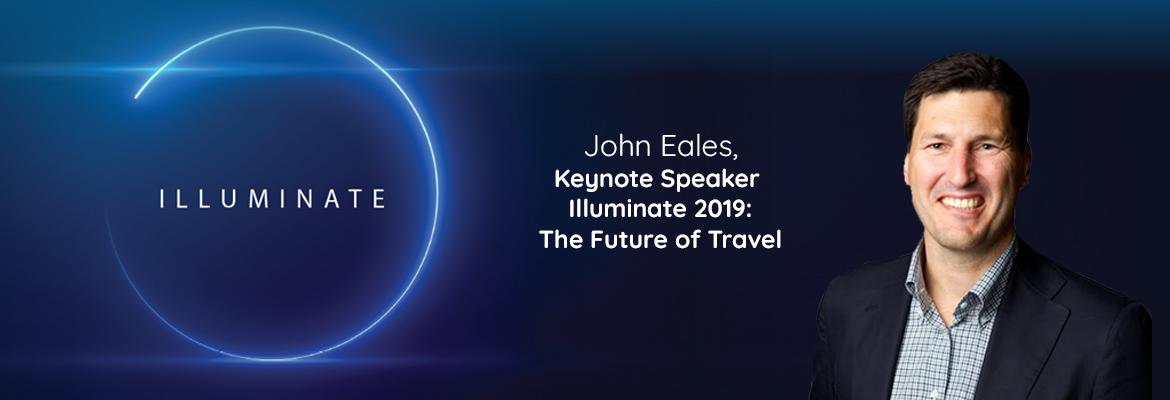
And while most of us understand the downsides, we also can't quit. Similarly, adults who spend six hours or more in front of screens have a higher risk of depression. Studies have found that teens who spend seven hours or more a day on screens are twice as likely to be diagnosed with depression or anxiety as those who use them for just an hour a day. The effects of this dopamine warping across society have been substantial. This means that we begin depending on our phones to retain our mind's baseline dopamine levels, keeping us clicking and swiping to prevent it from falling into a deficit state. Anna Lembke, a psychiatrist, professor at Stanford University, and the author of "Dopamine Nation," which explores the smartphone's role as the "modern-day hypodermic needle for a wired generation," told me that we are "being held hostage by these digital drugs." Because our phones are causing our brains to release dopamine around the clock, she explained, the brain adapts by decreasing its own dopamine transmission to the nerves that reward us with signals like joy and pleasure. By forcing me to be more intentional about how I use my phone, it ended up reducing my screen time more than any other trick I've tried - and I've tried them all. The app uses a simple trick: It asks me to breathe before opening certain apps. While there is irony in using an app to cure an app addiction, One Sec acts as more of an intervention than a replacement. To try and break my social media addiction, I decided to slow down my phone experience with a new app called One Sec. It's far too easy and far too instantaneous, and it's seriously affecting people's mental health. All you have to do is pull out your phone, which unlocks to your home screen, tap the Instagram icon, where you're already signed in, and videos start playing that snag your attention. Mark Zuckerberg famously said in 2011 that he wanted to enable "real-time serendipity in friction-less experiences." Over a decade later, smartphones have achieved just that. The key to enabling this addictive behavior is eliminating "friction" between you and the phone. Tech companies have designed their apps and devices to keep you engaged for as long as possible. Our collective device addiction is no accident. And the constant usage has real consequences, research by a San Diego State University professor has found that addictive phone use is linked to depression, poor sleep cycles, and higher suicidal risk. We are hooked to the variable dopamine rewards phones offer like a drug addict, Bridge said. It exploits our psychological vulnerabilities, Maria Bridge, the chief operations officer at the Center for Humane Technology, told me. Researchers say that looking at our phones is akin to pulling a slot machine.


Even the absence of a phone's weight from their pockets is enough to make many people anxious. People's screen time has shot through the roof - most of us now spend about a quarter of our waking hours looking at our phones.

Most of the time, I don't even realize that I'm doing it.

And once I pick it up, I get sucked in: I unlock my phone to check the weather, and somehow I end up on Instagram for half an hour. When I do manage to put it down, I pick it up again a few minutes later. No matter where I am or what I'm doing - brushing my teeth, watching TV, or crossing a street - I find myself incessantly scrolling and tapping on my phone. Account icon An icon in the shape of a person's head and shoulders.


 0 kommentar(er)
0 kommentar(er)
